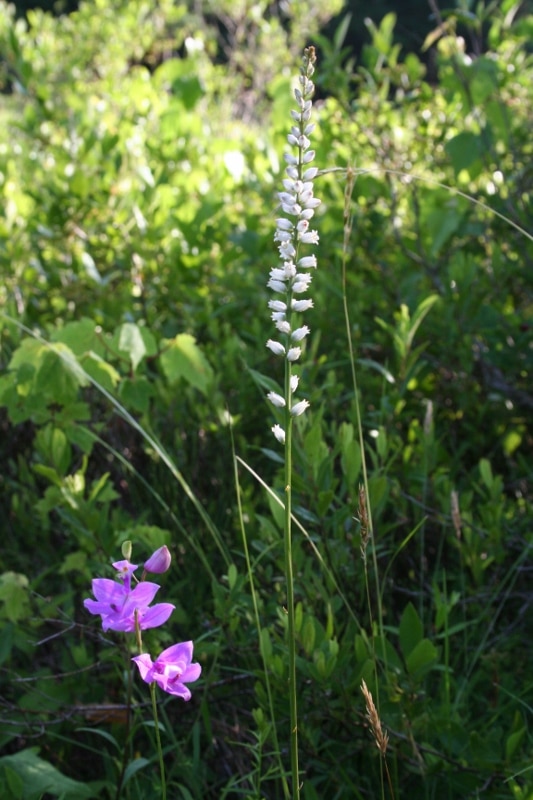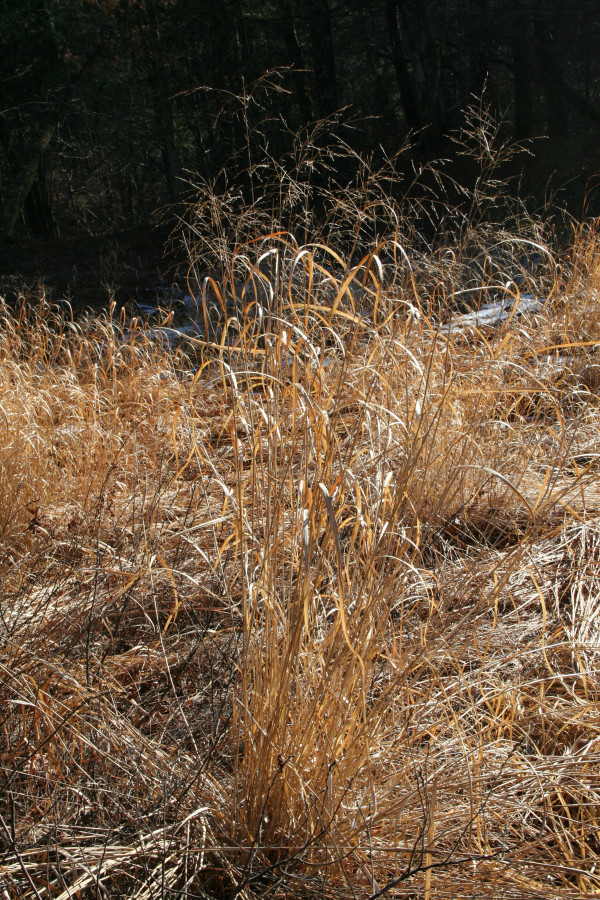Many people ask me if I am sick of winter? Have you had enough snow? Is it time for spring? I know that several major snowstorms in one week (or two) has been a lot to bear, but the answer is NO. Snow is an important component of winter in New England. In early January I blogged about winter mulch: What to use, when to apply it and why it is important. There is another kind of winter mulch that is important to our gardens – snow.
Snow is good – and bad – for the garden. In cold winters, that layer of snow over frozen ground keeps the soils at an even temperature and acts as a blanket for the plants. This blanket effect makes snow an excellent insulator for gardens and landscapes, protecting these natural areas and their animal inhabitants against frigid temperatures and damaging winds. As wind blows over open ground it causes water loss in evergreen plants which try to take moisture from the soil. If the soil is frozen, the plants can actually die of thirst! The blanket of snow protects these plants from wind.
In mid-winter, when we get a sudden warm day, the snow keeps the ground and the plants covered to reduce thawing and freezing which can cause plants to heave out of the soil and die from exposure. Heaving plants can also freeze and break apart killing the plant. Snow, as it falls, can also absorb nitrogen from the atmosphere. When the snow melts – presumably in spring – it deposits the nitrogen in the soil providing a boost for spring plants as they emerge.
There are also down sides to snow. Too much wet, heavy snow can break tree branches on all species – evergreen and deciduous. The wounds that result from the broken branches can provide an entryway for damaging insects or disease. Another problem may come about if it snows before the ground freezes. Small animals can next in plant debris and spend the winter quite comfortably eating you perennials. A deep snow cover also provides a safe place for voles, mice, and moles to hide from predators. They will all feed on the plants beneath the surface.
Snow stores water for the soil. If the ground freezes, then we get a large rain storm – the water only runs off and flows into streams and wetlands. If we are fortunate enough to get snow, that water is stored, hopefully until the ground begins to thaw. The water can be absorbed and be available as plants begin growth in the spring. It can also be stored as groundwater preventing the need to water gardens too early in the spring. So go out and enjoy the snow! It is a benefit to our habitats.



